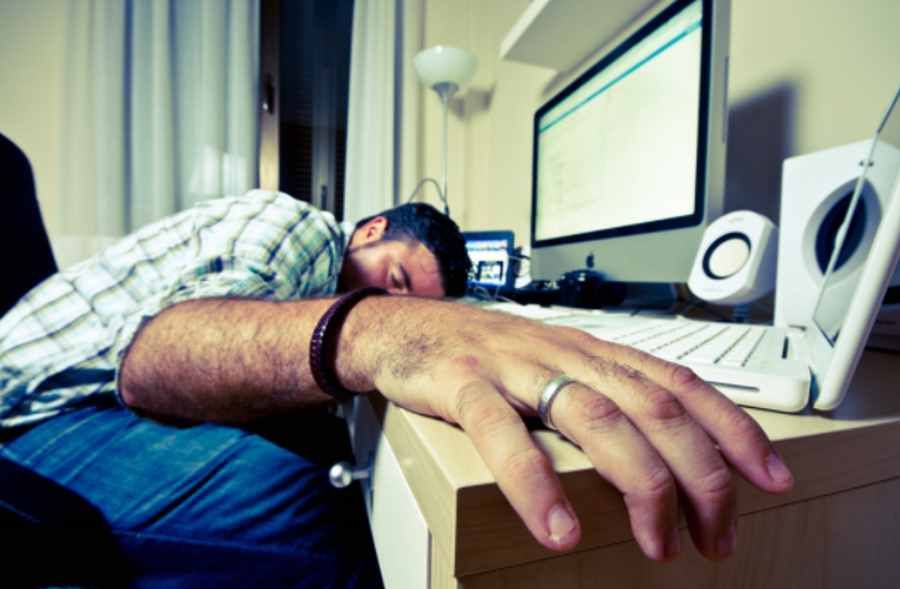Night brands have a higher risk of premature death
Night brands have a higher risk of premature death
People who prefer to go to bed late and have trouble getting up in the morning have a 10 percent. higher risk of premature death from those who go to bed early and get up early, according to a study at Northwestern University. Nocturnal brands additionally have greater problems with metabolism and heart disease.
The study used data from nearly poł million participantow UK Biobank Study. aged between 38 and 73. Participants had previously determined swoj lifestyle, whether they are person „morning”, „moderate morning”, „moderate evening” i „evening”. The health of the participant was monitored for 6.5 yearsoin research and collected information on deaths of osob belonging to the research group. It turned out that the risk of death in waspsob describing themselves as types of „moderate evening” i „evening” was by 10 percent. higher.
The findings were published on „Chronobiology International”.
Earlier studies of this type focused on higher rates of metabolic dysfunction and cardiovascular disease. This is the first work on mortality risk. Researchers say that the constant stress of operating in modern society has a huge impact on millions of people and can shorten their lives.
– Night brands probing to live in a world of injured birdsoin can suffer serious health consequences,” she told wspoł lead author Kristen Knutson, professor of neurology at Northwestern University Feinberg School of Medicine. – Night brands may have an internal biological clock that does not match their external environment – added.
According to a new study, people who prefer evening-night lifestyles have higher rates of diabetes and more frequent mental and neurological disorders. Although previous studies have shown that whether someone is a night owl or a morning bird depends half on genoin and half from the factoroin environmental. This means that there are ways to control the biological clock.
One such wayow, according to Knutson, is to expose oneself to sunlight early in the morning and avoid strong light in the evening and at night. You should also try to go to bed earlier and get up earlier. – However, if we consider that these chronotypes are genetically determined and not a character flaw, working hours should be more flexible. They should not be forced to get up at 8 am. Someoers may be better able to adapt to night shifts – explained Knutson.
– This is a health problem thatorego can no longer be ignored – stated Malcolm von Schantz of the University of Surrey, whoorowas also involved in the research. – Employers should omown allow the possibility for so-called. nighttime markow, so that they would start and stop working poź later. More research is also needed on how toob we can helpoc of these types of people with coping with the higher effort of keeping the biological clock in sync with solar time – added.
Night brands are also worse off with the change to daylight saving time. There are increasing reports of more heart attacksoat heart after the change to daylight saving time. – It involves a billionoin humans. I think we need to seriously consider whether the suggested benefits of the time change outweigh these risks – admitted von Schantz.
Sourceosource: Science Daily, fot. CC BY-SA 2.0/ FLickr/ Andrés Nieto Porras


